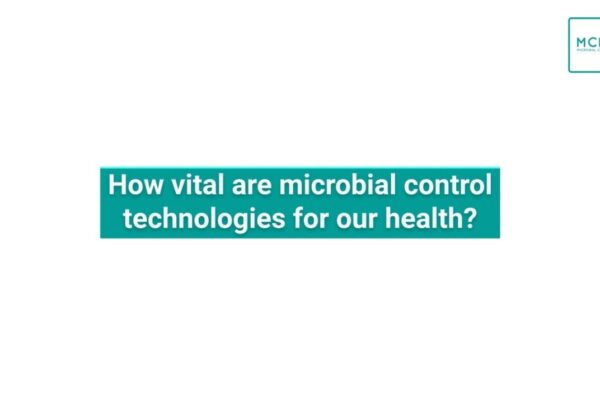Before the Christmas break, ECHA confirmed that a second enforcement project (BEF-2, mandate attached) to investigate biocidal products on the EU market will take place in 2022 – it will cover products that contain both approved and non-approved active substances under the biocidal products Regulation (BPR).
A first ECHA enforcement project (BEF-1), that checked more than 1,800 treated articles across the EU, reported in November 2020 that 36% of them did not comply with labelling rules under the biocidal products Regulation (BPR).
What is their approach?
Enforcement authorities in Member States will check that companies comply with obligations under the Biocidal Products Regulation (BPR) and national legislation on making biocidal products available on the EU market. Inspectors will carry out onsite and desktop checks of companies throughout 2022.
A workshop for ECHA accredited stakeholders to present the project’s results and recommendations is expected to take place in the second quarter of 2024, preceded by a report in 2023.
What is our view?
Enforcement of EU chemicals safety and environmental legislation is a key issue for MCEC. No product should enter the market if it does not comply with EU rules. Not only would it undermine the trust people place in our products, it also has an impact on the competitiveness of EU business.
Enforcement projects are designed to harmonise enforcement in each Member State and check the current level of compliance with regard to particular obligations imposed on industry by EU chemicals legislation.
Enforcement plays a central role in implementing the EU Green Deal agenda and the Chemicals Strategy for Sustainability. To cite Cefic “No matter how ambitious the legislation is on paper, it will never fulfil the level of protection of consumers and workers it has set out to offer, if not properly enforced”.






